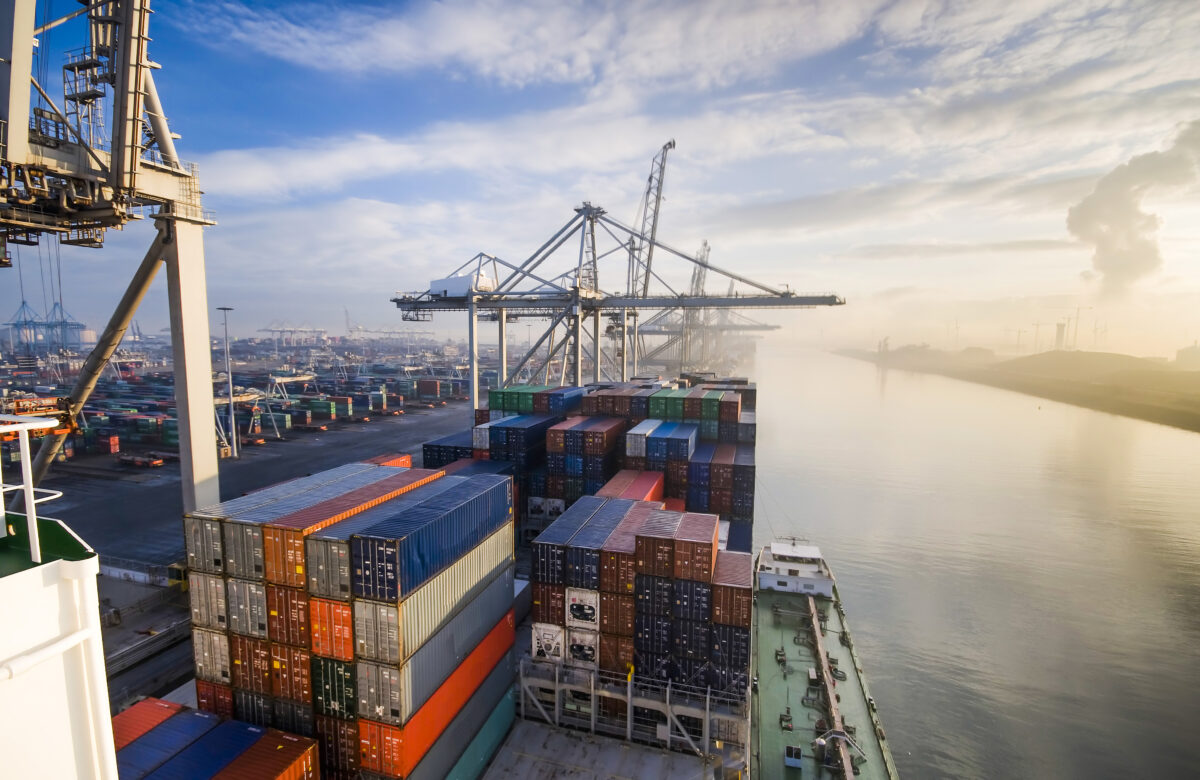On 18 June 2019, the Hamburg Finance Court ruled on the matter of customs value and accepted an increase in value for “design and creation services“.
The critical question was if the cost of services provided by a designer in the EU included in the customs value of the imported goods.
Importing companies may often face this question in relation to with customs examinations as well.
The Hamburg finance court ruled against the importer in the proceedings. The senate took the cost of design into account and assumed an increased customs value for imported goods.
Labels for canned food
The plaintiff was a logistics company which cleared various preserved food products for customs warehousing, then released them for consumption.
The food was canned for retail, and the company imported the cans from China into the European Union.
On the tinned food there were paper labels produced by suppliers in other EU countries. The suppliers received the printing template required for this free of charge from the plaintiff.
Various advertising agencies in Germany produced the print templates. The logistics company had requested these along with the design of the labels and paid accordingly.
The main customs office responsible became aware of the costs of the labels during a customs check. The increase in customs value led to a subsequent collection of import duties.
Increased customs value for packaging costs
The customs authority asserted that the costs should be considered container costs that must be added to the customs value, which would lead to its overall increase.
"What
- Containers for transporting goods, e.g. beer
barrels - Packaging for storage of goods, e.g. beverage
cans - Packaging for marketing, e.g. yoghurt cups
According to European case law, the term “containment” refers to containers which are not only suitable for transport, but also to packaging intended for storing and marketing products.
Packaging that is intended to be aesthetically pleasing to buyers is also included in this category.
However, this does not include price tags, information labels, advertising, or photo inserts on the products’ packaging.
The containment costs include also preliminary costs incurred in the Europeancustoms area.
"Add-ons
- Commissions and broker’s wages (not buying
commission) - Container costs (also preliminary costs)
- Packaging costs (Material and labour costs)
- Assists
- Royalty payments
- Proceeds from resale
- Transport and insurance costs
In the present case concerning labels, the tax court affirmed the assertion of the main customs office. The labels were an integral part of the packaging, since they formed an inseparable unit with the packing containers (the canned goods).
The costs were not essential for manufacturing the imported goods, but for the label design as part of the packaging.
The Hamburg Tax Court thus deemed it necessary to include design services in the calculation of customs value, resulting in an increased value.
Exceptional case: intellectual assists in the EU
The logistics company had previously maintained that the labels should not be considered a part of the packing. In the company’s view, the labels were independent of the packaging.
To demonstrate this, the company referred to the exceptional case of so-called intellectual assists.
Assists are complimentary preliminary work or services at a reduced
price that the buyer provides in advance during the manufacturing process of
the goods for import.
e.g. materials, tools, know-how
In principle, these advance payments would also be added to the transaction value. This is because the customs value of an imported product must include all the aspects of its economic value.
Intellectual assists provided in the EU are exempt from this, however.
Incurring design costs for manufacturing the imported products is a prerequisite for this privileged status. Only then would it be possible to exclude these costs in the calculation of customs value.
For an importing company, determining the correct customs value can sometimes be difficult. In this context, questions of definition often arise:
- How much do intellectual services add to containment costs?
- When is it a matter of material assists?
- Under which circumstances does the priveleged status apply?
Companies are advised to seek counsel in advance of upcoming customs inspections.
Our customs attorneys would be happy to assist you with any questions about customs checks and help your business avoid incurring additional costs.
Dieser Artikel wurde am 25. August 2020 erstellt. Er wurde am 30. September 2023 aktualisiert. Die fachliche Zweitprüfung hat Rechtsanwalt Dr. Tristan Wegner durchgeführt.

